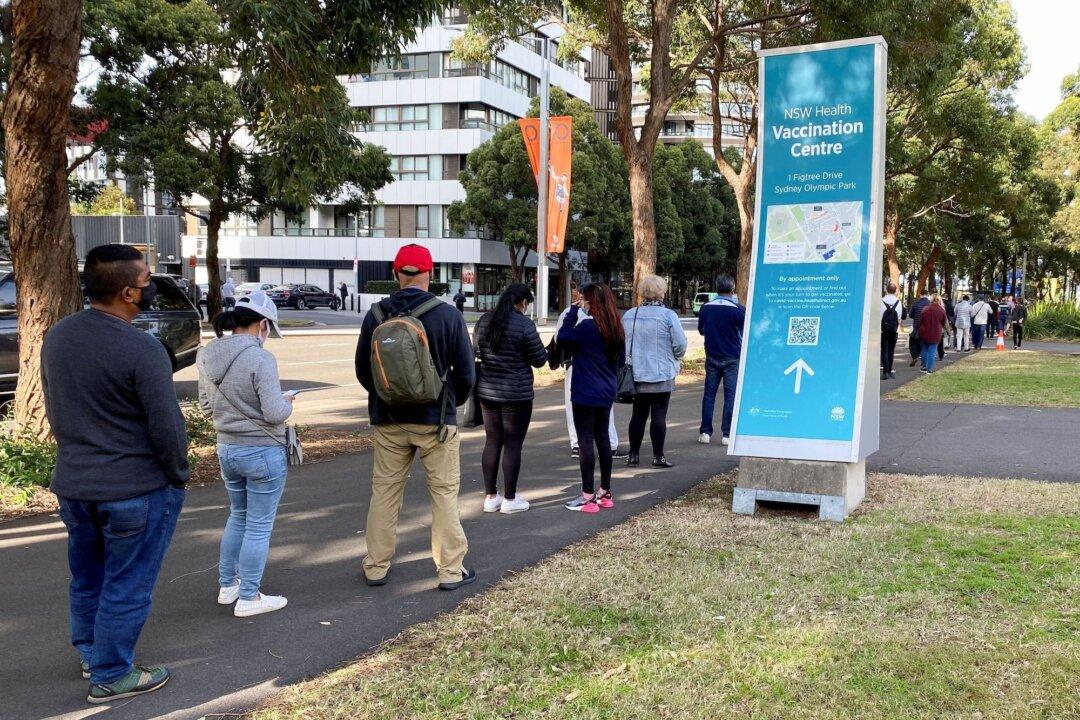In Western Australia (WA), the Mark McGowan-led state Labor government was re-elected for a second term on Mar. 13, 2021, with an unprecedented majority of 53 out of 59 seats in the Legislative Assembly (lower house) and 22 out of 36 seats in the Legislative Council (upper house).
This was a major increase from the previous election result where Labor controlled 40 and 14 seats in each house, respectively.Instead of focusing its efforts on rebuilding confidence and restoring opportunities for small business crushed by hard lockdown policies, the government has put forth a clear mandate to change the voting system for the Legislative Council, which will likely guarantee more control to the Labor Party in future.
The Minister for Electoral Affairs John Quigley April, 30. 2021 announced that former WA Governor Malcolm McCusker QC would lead an expert advisory panel to examine the system’s reform.
Other panel members are John Phillimore, executive director at the John Curtin Institute of Public Policy; Sarah Murray, member of the WA Law Reform Commission, and Martin Drum, director of public policy at the University of Notre Dame.
In 2019, the three academics wrote a letter to Martin Aldridge, a Nationals Party member of the upper house, describing the current system as “the most extreme malapportionment of any state or territory house in Australia.”
They asserted that “The problem is getting worse every election, as the Mining and Pastoral [region] declines in population while the Perth Metropolitan and South-West regions increase.”





